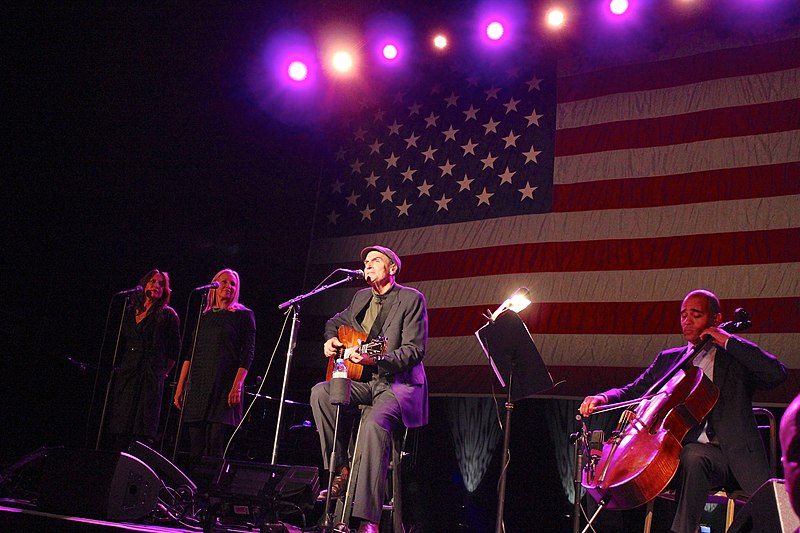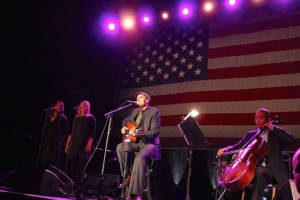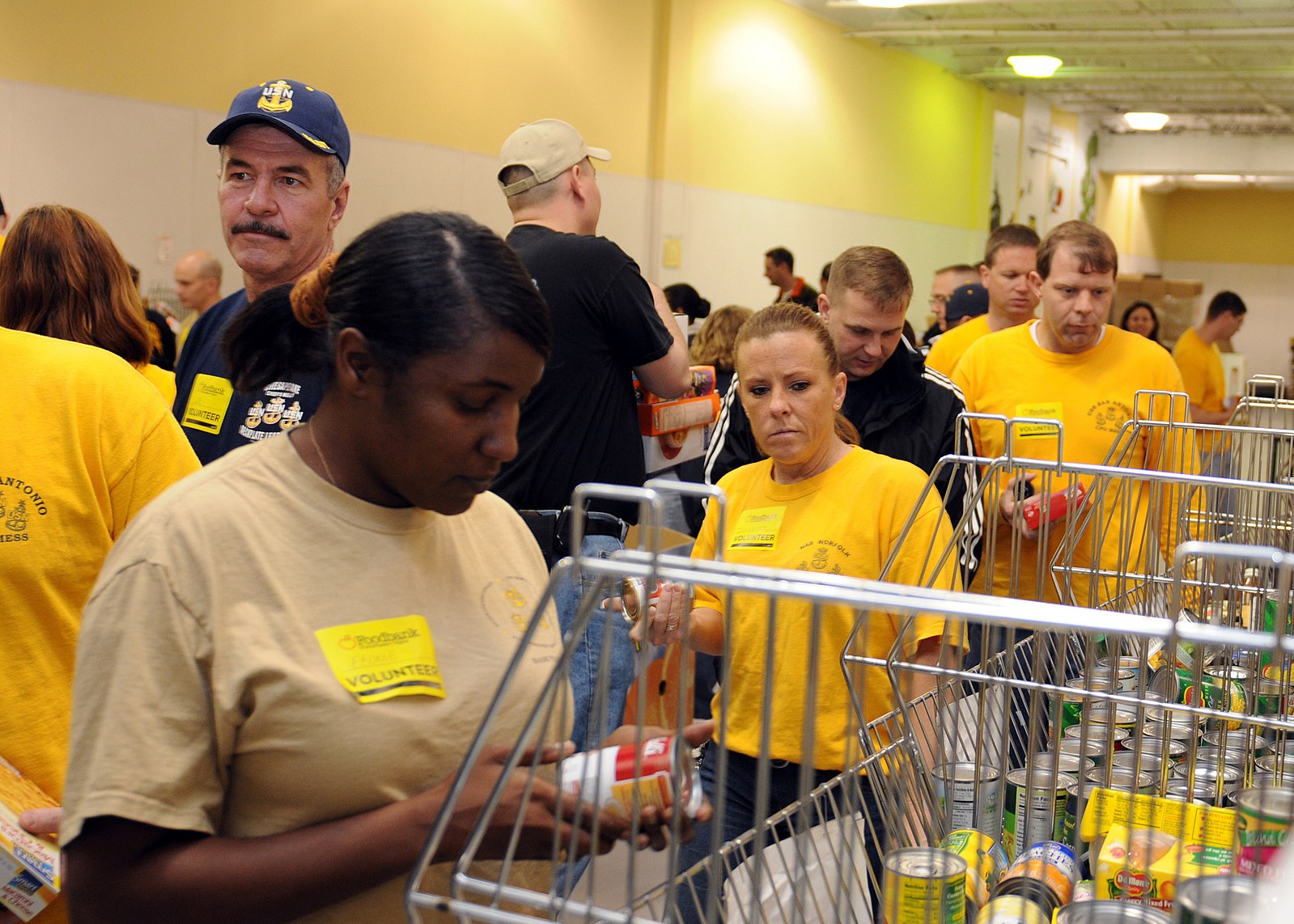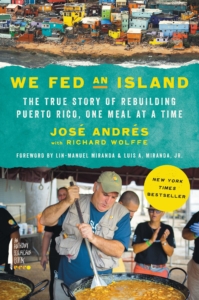Democracy Is Our Hope For A Better Future
In The Nation That Never Was, after telling us his version of a better story of America, Kermit Rosevelt writes:
We Americans are not perfect, either. Some of us are bad. Some are indifferent and unwilling to sacrifice for others. Some are easily distracted, misled, manipulated. We go forward and we go back. We elect Reagan, we elect Obama, we elect Trump. But what makes us American—our deepest ideal—is that we keep trying. America is born in an attempt to find a new and better way, to escape the stale and oppressive monarchies of Europe. We don’t get it right immediately. Yet we keep going. We’re looking for America, and we know that the America we’re looking for isn’t something that’s given to us by Founding Fathers. It’s something we make, something we find inside ourselves. The true America is not handed down from the past but created anew by each generation, created a little better, and what we can give the future is the opportunity to get just a little closer than we did ourselves. That’s the promise that makes us American. That’s the promise we have to keep. P. 205.
It’s not exactly a reason his better story is better, but Roosevelt thinks the better story supports his theory of democracy. Compare that passage with this from one of my favorite books, Philosophy and Social Hope, by Richard Rorty:
Pragmatists … do not believe that there is a way things really are. So they want to replace the appearance–reality distinction by that between descriptions of the world and of ourselves which are less useful and those which are more useful. When the question ‘useful for what?’ is pressed, they have nothing to say except ‘useful to create a better future’. When they are asked, ‘Better by what criterion?’, they have no detailed answer, any more than the first mammals could specify in what respects they were better than the dying dinosaurs. Pragmatists can only say something as vague as: Better in the sense of containing more of what we consider good and less of what we consider bad. When asked, ‘And what exactly do you consider good?’, pragmatists can only say, with Whitman, ‘variety and freedom’, or, with Dewey, ‘growth’. ‘Growth itself,’ Dewey said, ‘is the only moral end.’
They are limited to such fuzzy and unhelpful answers because what they hope is not that the future will conform to a plan, will fulfil an immanent teleology, but rather that the future will astonish and exhilarate.… Pp. 27-8, fn omitted.
The connection is obvious. Roosevelt says democracy is about the future. He says the better story fits with his view of democracy. Rorty says that Pragmatism is about the future. Later on he says that Pragmatism is well-suited to democracy, because the growth of freedom leads naturally to a democratic form of government. Both think we can have a better future.
The relation between philosophy and forms of government
Rorty calls himself a Pragmatist, after the only truly American philosophy, founded by the Americans C.S. Peirce, John Dewey, and William James. Here’s a short series discussing some of the basic elements of Pragmatism: Method, Truth, and Applications.
In Rorty’s first sentence, “a way things really are” is a reference to the traditional philosophical problem called the appearance-reality dualism. It’s based on the fact that we only have the evidence of our senses. Therefore we cannot know the reality of the thing we perceive as it truly is. Pragmatism teaches that all we know is what our senses tell us, and there’s nothing beyond that, no Platonic forms, no hidden reality. For a fuller discussion, see the post on Truth linked above.
The older forms of philosophy searched for universal truths, unchanging verities, the way things really are. The results of that search establish a static universe based on the theory of everything created by one or more human beings. There is one answer to any problem, and it can be found by consulting the fixed principles — or the ruler’s command. As Roosevelt puts it, universal verities lead to “… the stale and oppressive monarchies of Europe.”
Pragmatism and democracy are not necessarily connected. As Rorty points out, a Nazi could agree with and apply Pragmatic thinking. But there is a decisive difference between a society living with eternal verities, and one open to change.
A Problem
After reading Roosevelt’s book, I’ve begun to think the the real contest is between Americans dedicated to democracy in the Rorty/Dewey sense, and those committed to the unchanging verities they find in history or their sacred books or handed to them by authoritarian demagogues. The futurists want to make the future better for everyone. The traditionalists think everything is just fine as it is, or as it was at some date in the past, or as it would be in a new society built to effectuate their theory of everything. The futurists, as Rorty says, want the future to be amazing. The traditionalists can’t even handle the latest scientific achievements, like mRNA vaccines. The futurists think the economic status quo must be improved to benefit everyone. The traditionalists think the status quo is the best we can do.
And, not to put too fine a point on this, the people who really want things to remain as they are are the filthy rich; and the people who really want to return to the past are the religious fundamentalists. Both groups are apparently willing to sacrifice democracy to get what they want.
Left Theory
Perhaps you have noted that posts at Emptywheel are categorized. Most of mine are in the category Left Theory. I think the left needs a set of ideas about society and government that can be persuasively explained to non-lefties, and that link all our policy positions into a reasonably coherent whole. I offered a tentative economic theory here. In that post I say that a useful economic theory should be based on observation and experience, not on some grand theory of humanity, or, for that matter any other grand theory. It would serve as a tool for reaching our goals. It would change as we learned more new things. In this sense it would be Pragmatic.
Democracy is a broad theory about how governments should work. It’s a system that works for all people of good faith, giving everyone the opportunity to participate in the process of building the future. In that sense it is Pragmatic.
In the absence of eternal verities, we have to justify all of our beliefs. Why then do I believe democracy is the way forward? First, I believe that the Golden Rule, “do unto others as you would have others do unto you”, is the best guiding principle humans have ever developed. I firmly believe that application of this principle would massively reduce the amount of pain and misery in the world, and that that would be a good thing. To do that, we need to get as many different ideas as we can about our future, both for deciding what we should be as a nation, and for solving problems. Democracy does that.
Also, I want to be part of the decision-making, so I should insure that others can and do participate if they want to.
Second, I agree with Jefferson that government derives its just powers from the consent of the governed. That desire, that insistence, that we give consent to the government is effectuated by majority rule in a democracy.
And that’s where the conflict lies. In the US the minority party holds power despite the will of the majority. The current system of government makes that easy, especially with the rogue majority on SCOTUS.
Our current challenge is to make our democracy work.


 CC BY 2.0
CC BY 2.0

